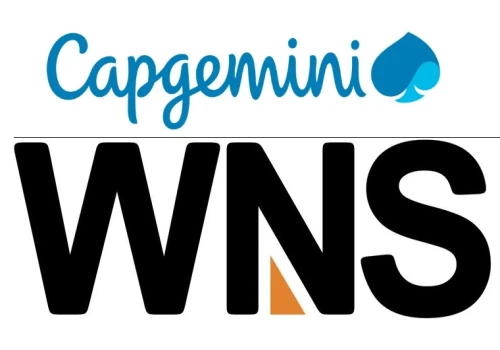
Management consulting giant McKinsey & Company is making headlines with an unorthodox approach to workforce reduction. According to a report in The Times, the firm is offering a generous exit package to certain employees in the UK: nine months of paid leave, career coaching services, and continued access to company resources – all to help them find new jobs outside McKinsey.
This move comes amidst a downturn in the consulting industry, prompting McKinsey to seek ways to streamline its workforce. Last year, the company announced plans to cut roughly 3% of its global staff, translating to approximately 1,400 positions (as reported by Bloomberg). More recently, in February, Bloomberg also reported that McKinsey had identified 3,000 employees with underperforming evaluations. These individuals were placed on a performance improvement plan with a limited timeframe to improve or face potential separation from the company.
The current offer seems to target a specific segment of McKinsey's UK staff, particularly managers who might be interested in pursuing new opportunities. With this lucrative package, McKinsey essentially grants them nine months of paid job hunting, complete with professional guidance and company resources at their disposal. While the exact number of employees eligible for this program remains undisclosed, it signifies a significant investment by McKinsey in facilitating a smooth transition for departing staff.
So, what are the potential implications of this program? Here's a breakdown of some key points to consider:
Employee Benefits:
- Financial Security: For departing employees, the nine months of paid leave provides a significant financial cushion during their job search. This can alleviate stress and allow them to focus their efforts on finding the right fit.
- Career Support: The access to career coaching and company resources equips departing staff with valuable tools and guidance to navigate the job market. This includes resume and interview preparation, networking opportunities, and potentially connections within McKinsey's vast network.
Company Benefits:
- Cost-Effectiveness: Compared to traditional severance packages or potential lawsuits associated with layoffs, this program could be a more cost-effective way for McKinsey to manage its workforce reduction.
- Employer Branding: By offering a generous exit package, McKinsey might project a more positive image as an employer, potentially attracting top talent in the future who appreciate being valued.
- Workforce Optimization: This program could streamline McKinsey's workforce by encouraging a specific group of employees to explore new opportunities, potentially making room for those who are a better fit for the company's evolving needs.
Potential Challenges:
- Morale Impact: The existence of this program might create a sense of uncertainty or instability among remaining employees, particularly if the reasons behind the workforce reduction are not clearly communicated.
- Focus and Productivity: Knowing that some colleagues are essentially on a paid leave for job hunting could potentially impact the focus and productivity of remaining teams, especially if workloads are not adjusted accordingly.
- Reputational Risk: While the program offers benefits, it could also be perceived negatively if seen as a way to push out underperforming employees without taking responsibility for potential shortcomings in training or development.
The Future of Consulting:
McKinsey's approach to workforce reduction raises questions about the broader health of the consulting industry. The downturn that prompted these measures could be a sign of a more structural shift within the consulting landscape. Companies might be seeking more specialized or project-based solutions, potentially impacting the demand for traditional, full-time consulting roles.
In conclusion, McKinsey's paid leave and coaching program for departing staff is an unconventional approach to workforce reduction. While it offers significant benefits to departing employees, it also raises questions about the company's internal dynamics and the future of the consulting industry as a whole. As the situation unfolds, it will be interesting to see how other consulting firms react and whether this becomes a more widespread trend in the industry.












